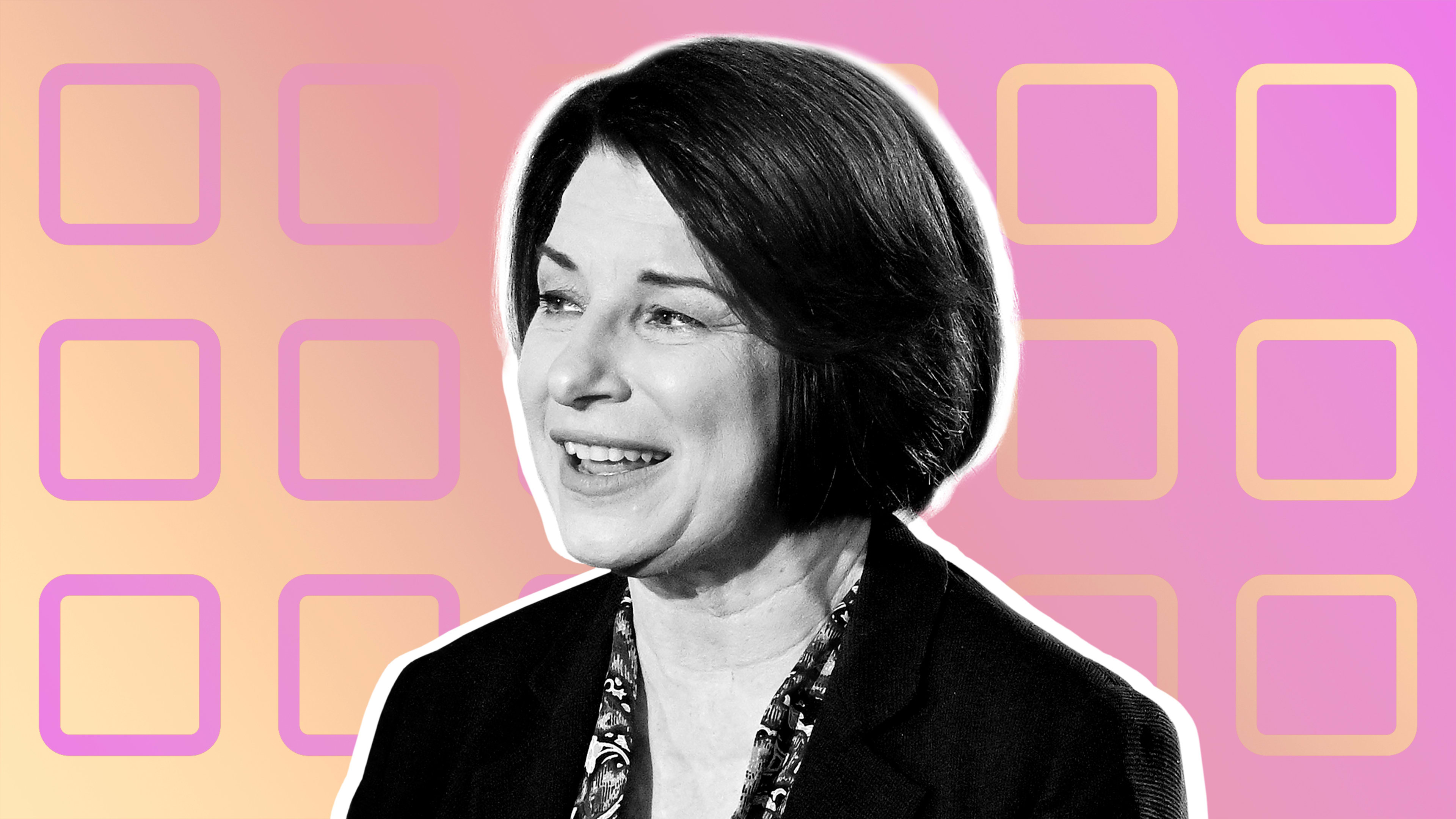Executives from Apple and Google will testify in front of Congress on Wednesday, and are likely to face tough questioning about the way they manage their respective app stores.
Apple’s chief compliance officer Kyle Andeer and Google’s senior director of government affairs Wilson White will appear in front of the Senate Judiciary Committee’s antitrust subcommittee, which is chaired by Democrat Amy Klobuchar of Minnesota.
The hearing comes as Congress readies legislation that could revamp antitrust law to better deal with 21st century monopolies, and better arm government agencies to enforce the law.
The main topic of discussion will be the revenue sharing requirement imposed by the app stores on developers. Larger developers must pay 30% of their app or subscription revenue to Apple or Google during the first year of inclusion in their respective app stores. Many developers, whether they’ll say so publicly or not, think the 30% fee is onerous. Some have spoken out, including the music app developer Spotify, the dating app developer Match Group, and the Bluetooth tracker app developer Tile–and all will testify Wednesday. They’ll likely find some sympathetic ears on the other side of the room.
Sen. Amy KlobucharYou can’t argue that telling consumers they can get a better deal another way somehow jeopardizes security.”
Klobuchar says she hopes hopes her committee can learn some things about the app stores and the app economy by hearing both sides of the debate. But, she said, it’s also important that the public learn about the business practices of Apple and Google.
She zeroes in on the fact that Apple makes it very hard for developers to avoid using its in-app payment system, and paying the 15% to 30% fee. For instance, Spotify says it’s prohibited from directing users of its free iOS app to online promotions offering three months of Spotify Premium for 99¢.
“[Telling people] they can get a better deal [on an app] on a website, when the companies that get on the app store are banned from doing that, that’s pretty outrageous,” Klobuchar says. Epic Games got itself ejected from both Apple’s and Google’s app stores after trying a clever way of selling its Fortnite game that bypassed the stores’ in-house payment systems. Epic then filed antitrust suits against Apple and Google.
Klobuchar has already introduced a major antitrust reform bill earlier this year, the Competition and Antitrust Law Enforcement Reform Act, which applies to all industries, not just tech. One of the key parts of the bill proposes to add some language to an antitrust law called the Clayton Antitrust Act, which addresses monopolistic practices by dominant firms. Klobuchar’s bill amends Section 2 of the act to prohibit “exclusionary conduct” that presents “an appreciable risk of harming competition.”
“You could look at the 30% tax, the self-preferencing [an app store operator promoting its own apps over others], the not allowing developers to tell consumers about cheaper deals . . . all of that to me fits under exclusionary conduct,” Klobuchar says.
Klobuchar says that if the Clayton Act’s exclusionary conduct language were broadened, federal agencies would be better able to bring—and win—antitrust cases against companies such as Apple and Google, and force them to change their rules and cost structures.
I suggested that Apple’s Andeer and Google’s White are likely to talk about how many developer jobs the app stores create and support, how much revenue they generate, and what a good and necessary job they do curating and securing their app stores.
“Put everything else aside; you can’t argue that telling consumers they can get a better deal another way somehow jeopardizes security,” she says. “I don’t believe that.”
Small steps
Both Apple and Google are aware of the growing scrutiny from the public and lawmakers over their app-store policies. Both have in the past year lowered the 30% for smaller developers. Apple now charges only 15% for developers with less than $1 million in annual sales. Google asks for 15% of the first $1 million a developer makes in its app store, and then 30% of any profits after that. On Monday Apple told Congress it agreed to reinstate the right-wing social app Parler to the App Store after Parler agreed to implement more stringent content moderation rules. Apple had ejected Parler after the app provided a platform for people planning the January 6 attack on the U.S. Capitol.
Wednesday’s hearing is likely to build on the existing interest among both Democrats and Republicans in reforming antitrust laws as a way of reining in big tech companies. Some significant developments have already happened. The House subcommittee on antitrust released an exhaustive report on the business practices of Amazon, Apple, Google parent company Alphabet, and Facebook, finding that the companies held “monopoly power.” The Department of Justice and the Federal Trade Commission subsequently filed major antitrust lawsuits against Google and Facebook, respectively.
Any shakeup of Big Tech may take years to play out—but hearings such those happening on Wednesday will help shape the outlook of legislators whose conclusions will be so critical to the industry’s fate.
Recognize your brand’s excellence by applying to this year’s Brands That Matter Awards before the early-rate deadline, May 3.
